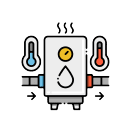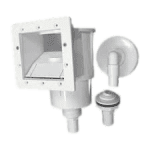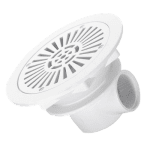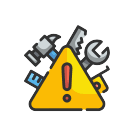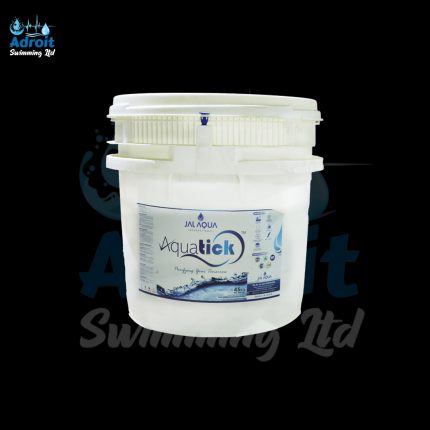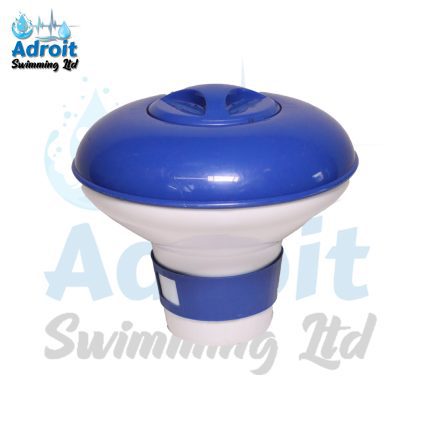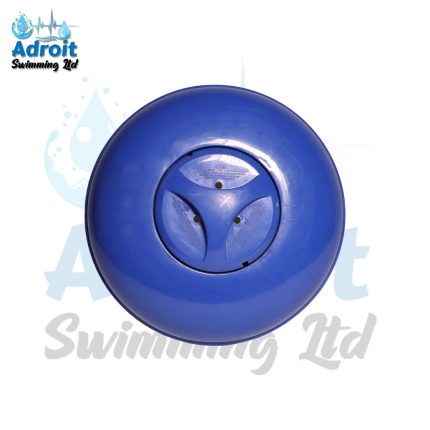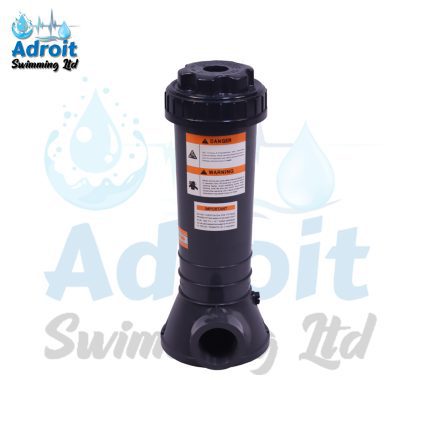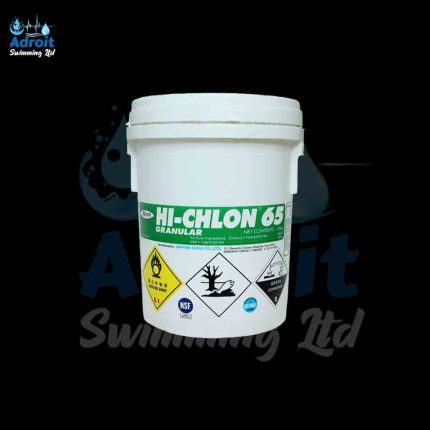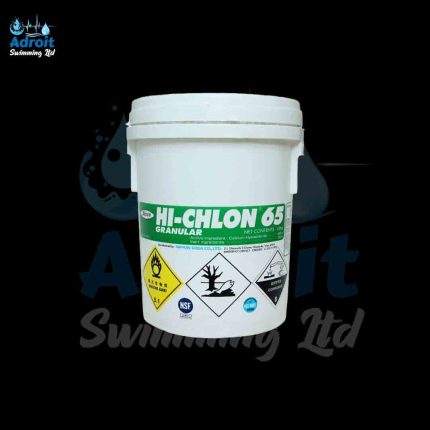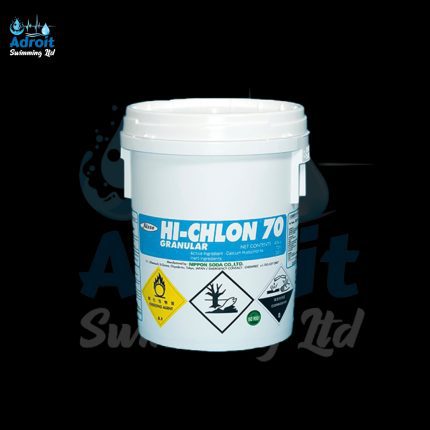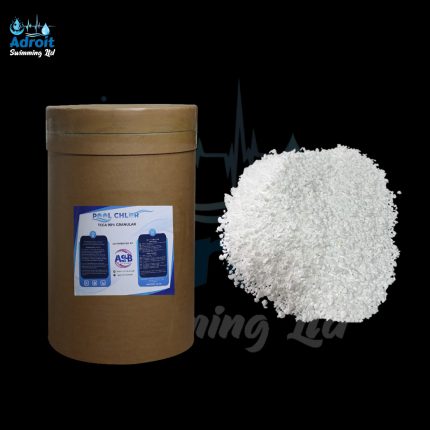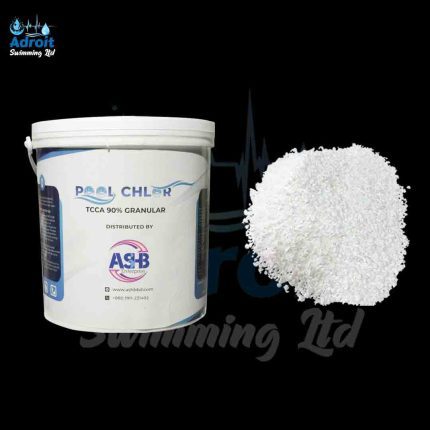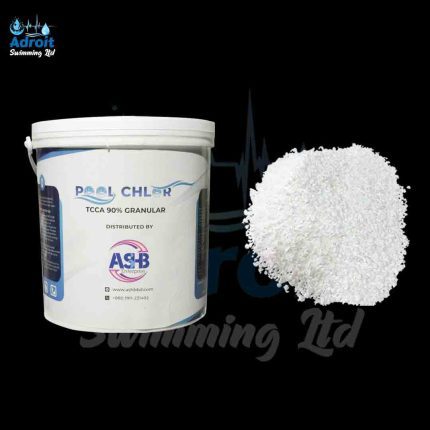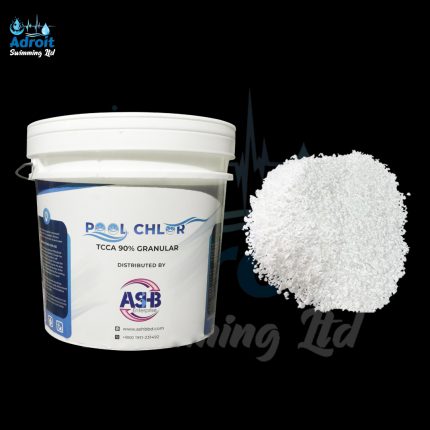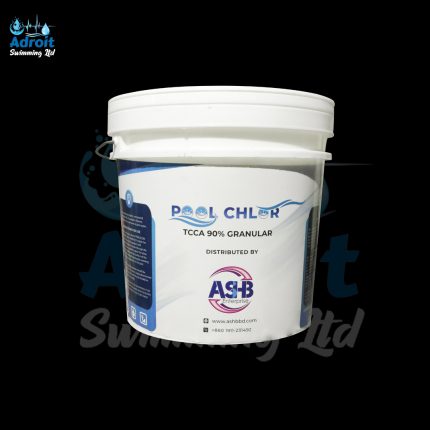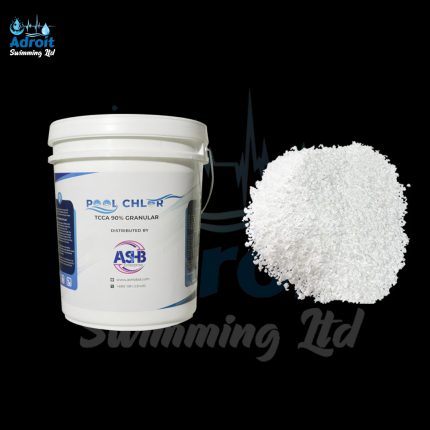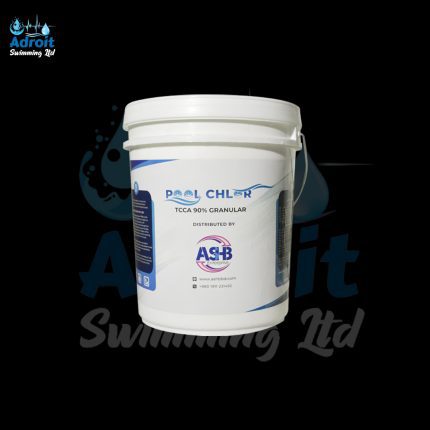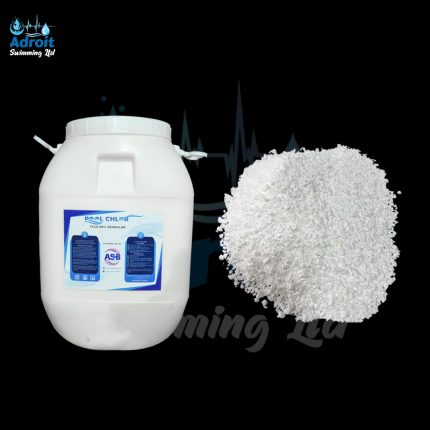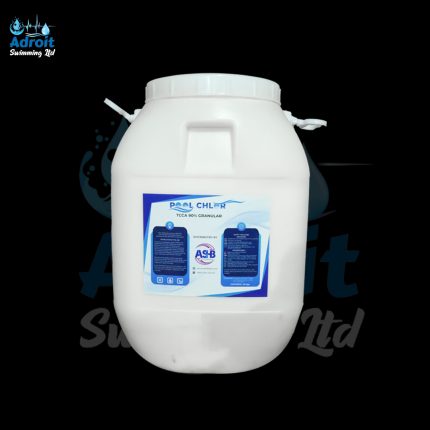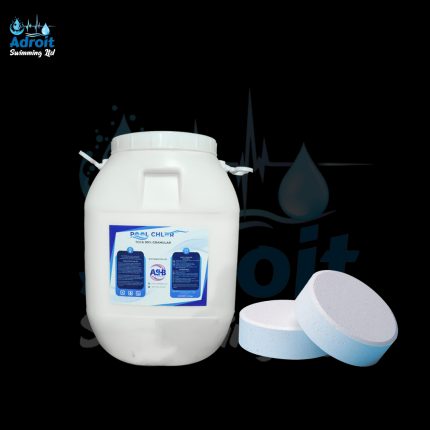Chlorine
Keep your pool sparkling clean with our premium chlorine! Effective in sanitizing water, it eliminates harmful bacteria and algae, ensuring a safe and refreshing swim every time. Dive into crystal-clear water!
Showing all 11 results
Swimming Pool Chlorine: The Essential Chemical for Clean and Safe Swimming Water
Maintaining a clean and safe swimming pool is crucial for the health and enjoyment of swimmers. One of the most essential chemicals in pool maintenance is chlorine. Known for its powerful sanitizing properties, chlorine is the primary agent used to keep pool water free from harmful bacteria, algae, and other contaminants. Understanding how chlorine works, its various forms, and its importance in pool care can help pool owners ensure a safe and enjoyable swimming environment.What is Swimming Pool Chlorine?
Chlorine is a chemical element that acts as a disinfectant and sanitizer. When added to pool water, it helps kill bacteria, viruses, and other pathogens that can pose health risks to swimmers. Chlorine is also effective at preventing algae growth, which can turn clear water green and murky. By maintaining appropriate chlorine levels, pool owners can ensure that their water remains clean, clear, and safe for recreational use.Types of Chlorine for Pools
- Liquid Chlorine (Sodium Hypochlorite): This form of chlorine is a concentrated liquid solution that is easy to use and highly effective. Liquid chlorine has a high pH level, so it is essential to monitor and balance the pool’s pH after application. It is commonly used for initial shock treatments and routine chlorination.
- Granular Chlorine: Granular chlorine is a powdered form of chlorine that can be dissolved in water before being added to the pool. It is versatile and can be used for regular chlorination or shock treatment. Granular chlorine is available in different formulations, including stabilized and unstabilized types, catering to various needs and preferences.
- Chlorine Tablets: Often sold in 1-inch or 3-inch tablet form, chlorine tablets are a convenient way to deliver a steady dose of chlorine over time. These tablets dissolve slowly in the water, providing a consistent level of chlorination. They are commonly used in floating dispensers or automatic chlorinators, making them a popular choice for pool owners seeking ease of use.
- Stabilized Chlorine: Stabilized chlorine contains cyanuric acid, which helps protect chlorine from being broken down by sunlight. This is particularly beneficial for outdoor pools, where UV rays can quickly diminish chlorine levels. Stabilized chlorine comes in both tablet and granular forms and is essential for maintaining effective sanitizer levels during sunny days.
- Unstabilized Chlorine: This type of chlorine does not contain cyanuric acid and is more suitable for indoor pools or for use during pool shock treatments. It is effective in quickly raising chlorine levels but requires more frequent monitoring, especially in outdoor pools.
Benefits of Using Swimming Pool Chlorine
- Effective Disinfection: Chlorine is highly effective at killing a wide range of pathogens, including bacteria and viruses. Regular chlorination ensures that pool water is safe for swimmers, reducing the risk of waterborne illnesses.
- Algae Prevention: Chlorine inhibits the growth of algae, keeping pool water clear and preventing the unsightly green or yellow blooms that can occur in poorly maintained pools.
- Oxidation of Contaminants: Chlorine not only disinfects but also oxidizes organic contaminants, including sweat, oils, and cosmetics. This helps keep the water clean and reduces odors.
- Cost-Effective Solution: Chlorine is one of the most cost-effective pool sanitization methods available. With various forms to choose from, pool owners can find a chlorine product that fits their budget and maintenance routine.
- Ease of Use: With various application methods—liquid, granular, or tablet—chlorine is user-friendly. Pool owners can choose the most convenient method for their maintenance routine, ensuring consistent water quality.
Maintaining Proper Chlorine Levels
To ensure effective chlorination, it is essential to maintain appropriate chlorine levels in the pool. The recommended free chlorine level for swimming pools is typically between 1 and 3 parts per million (ppm). Here are some tips for maintaining proper chlorine levels:- Regular Testing: Use a pool test kit or test strips to monitor chlorine levels regularly. Testing should be done at least once a week or more frequently during peak swimming season or after heavy rain.
- Shock Treatment: Regular shock treatments help to elevate chlorine levels and remove contaminants. Shocking the pool once every one to two weeks can help maintain clarity and sanitation, particularly after heavy usage or following rain.
- Balancing pH Levels: Chlorine works best in a pH range of 7.2 to 7.8. Testing and balancing the pH regularly ensures that chlorine remains effective as a sanitizer. If pH levels are too high, chlorine becomes less effective, necessitating higher doses.
- Use Stabilized Chlorine: For outdoor pools, using stabilized chlorine can help maintain effective sanitizer levels, reducing the need for frequent adjustments.
- Proper Circulation: Ensure that the pool’s filtration system is running efficiently to distribute chlorine evenly throughout the water. Adequate circulation helps maintain consistent sanitizer levels and clear water.
Safety Precautions
While chlorine is an effective pool sanitizer, it is important to handle it with care:- Follow Manufacturer Instructions: Always read and follow the manufacturer’s guidelines for dosing and application to avoid over-chlorination or improper use.
- Store Properly: Store chlorine in a cool, dry place, away from direct sunlight and other chemicals. Proper storage prevents degradation and ensures safety.
- Avoid Mixing Chemicals: Do not mix chlorine with other pool chemicals, especially acids or algaecides, as this can result in dangerous chemical reactions.
- Swimming Safety: Wait a specified time after applying chlorine (usually 30 minutes to an hour) before allowing swimmers back into the pool, depending on the type and dosage used.






